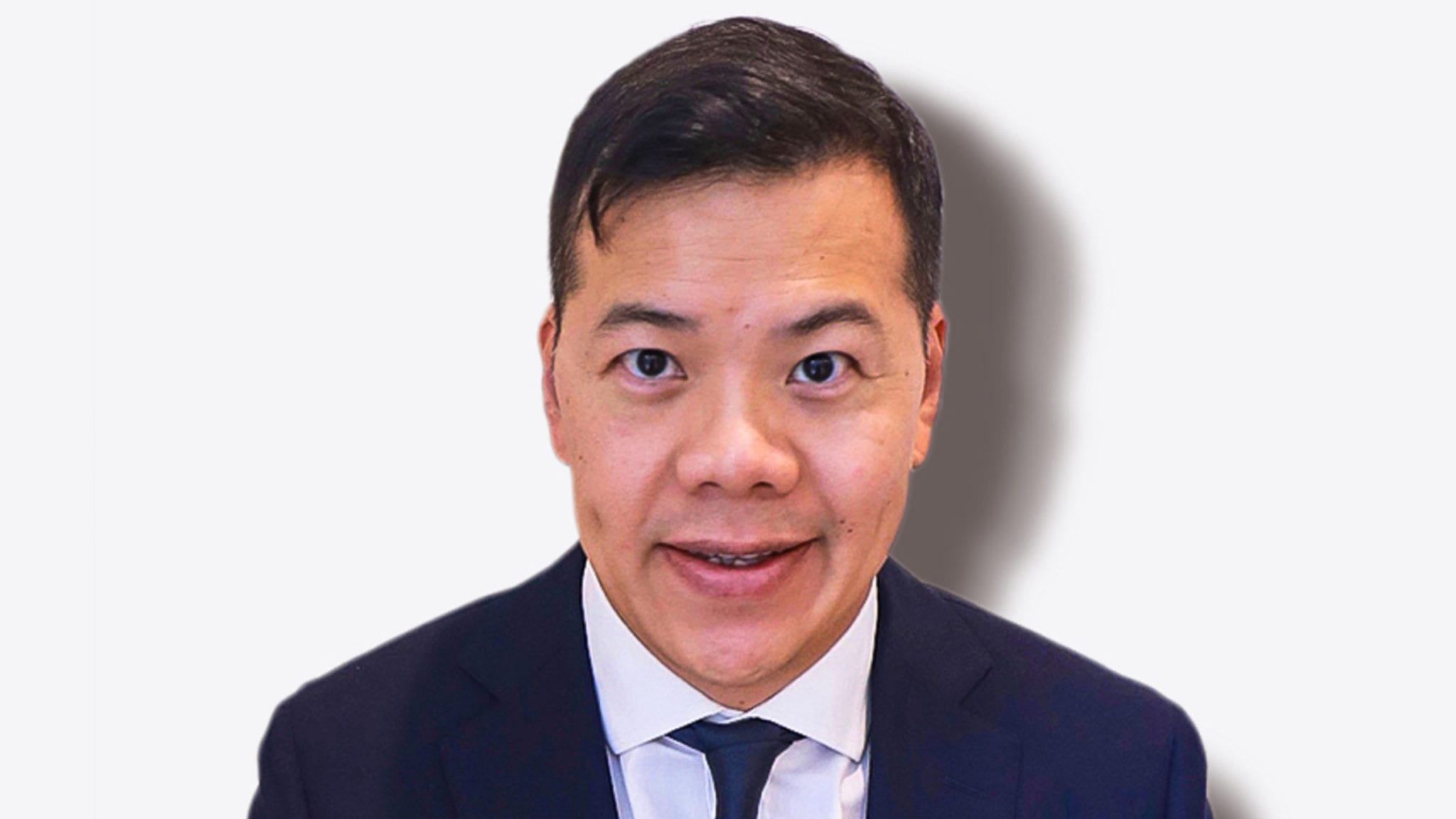
Keeping an 'immigrant mindset,' Flagship taps a self-professed nomad as CEO for their next-gen viral vector upstart
Tuyen Ong considers himself a bit of a nomad.
Early in his life, he came to the UK as a refugee from Vietnam, and obtained his MD at University College London. Then he went to NYU for an MBA and began his career in biopharma at Pfizer, making further stops across the country at Bausch + Lomb, PTC Therapeutics and most recently Biogen.
Now, he’s ready for his next gig: CEO-partner at Flagship Pioneering and CEO of Ring Therapeutics, a gene therapy outfit where he’ll be running the show. When Ong looks back at his career, he says he can see how all the dots connected to lead him to this point.
Unlock this article instantly by becoming a free subscriber.
You’ll get access to free articles each month, plus you can customize what newsletters get delivered to your inbox each week, including breaking news.